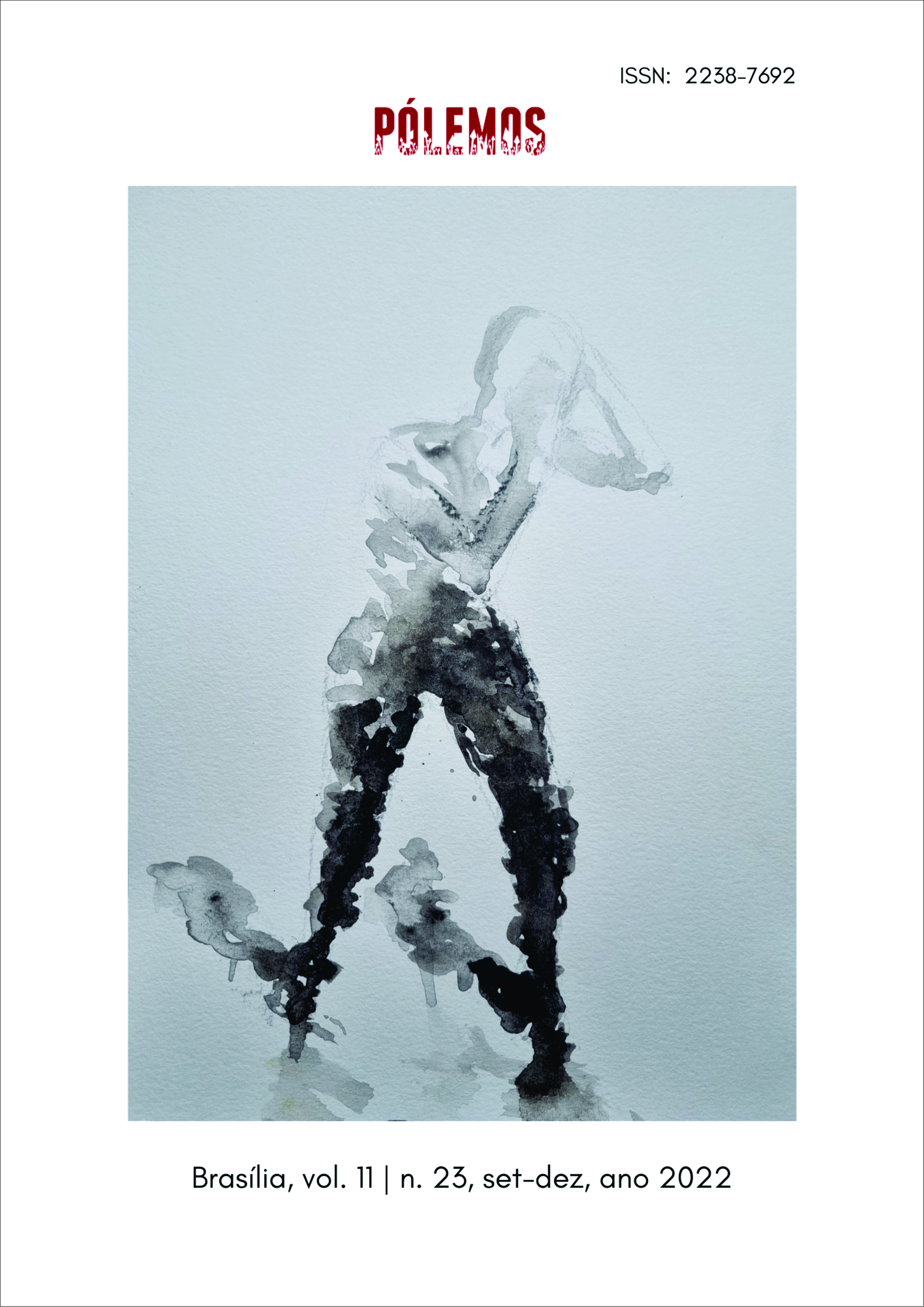OPERARI SEQUITUR ESSE
Schopenhauer’s critique of the notion of free will
DOI:
https://doi.org/10.26512/pl.v11i24.46120Keywords:
Free will. Schopenhauer. Will. Motive. Character.Abstract
Schopenhauer considers the world as representation, submitted to the faculty of apprehension of the individual, and as will, impulse for self-assertion, which constitutes reality itself. The will objectified in representation is determined because the phenomenoses are subordinated to the principle of sufficient reason, according to which nothing exists without a reason for which it exists. The will not submitted to the status of phenomenon can be considered free and spontaneous. The human being is endowed with a volitive essence, the character, immutable and timeless, which unfolds in an empirical character. Taking into account the ideality of the individual essence, one understands how the individual is determined in his actions with the same necessity that all beings that exist are determined. Their seemingly arbitrary decisions are the result of the competition of the external circumstance (the motives) and of the individual character, an undivided and extratemporal act of the will.
Downloads
References
BARBOZA, Jair L. Schopenhauer. Rio de Janeiro: Jorge Zahar Ed., 2003.
DEBONA, Vilmar. Um caráter abissal – a metafísica schopenhaueriana da Vontade como caracteriologia. Voluntas. Santa Maria: UFSM, v. 4, n. 1, p. 33-65, jan./jun. 2013.
FONSECA, Eduardo Ribeiro da. Sobre Schopenhauer e as imperfeições do intelecto humano. Voluntas. Santa Maria: UFSM, v. 2, n. 1, p. 119-128, jan./jun. 2011.
KANT, Immanuel. Prolegômenos a toda metafísica futura. Trad. Artur Morão. Lisboa:
Edições 70, 1988.
KANT, Immanuel. Crítica da razão pura. Trad. Manuela P. dos Santos e Alexandre F.
Morujão. 5. ed. Lisboa: Fundação Kalouste Gulbenkian, 2001.
LEIBNIZ, Gottfried Wilhelm. A Monadologia: Discurso de metafísica e outras obras. Trad. Marilena de Souza Chauí Berlinck. São Paulo: Abril Cultural, 1974, p. 66 (Os Pensadores).
MARCONDES, Danilo; JAPIASSU, Hilton. Dicionário básico de filosofia. 3. ed. Rio de Janeiro: Jorge Zahar Editor, 2001.
MONTEIRO, Fernando J. S. 10 Lições sobre Schopenhauer. 2. ed. Petrópolis: Vozes, 2014.
MOTA, Rodrigo. Caráter e liberdade da vontade em Arthur Schopenhauer. Voluntas. Santa Maria: UFSM, v. 6, n. 1, p. 155-170, jan./jun. 2015.
NATORP, Paul. Teoria das ideias de Platão. Uma introdução ao idealismo. Trad. Euclides Calloni e Saulo Krieger. v. 1. São Paulo: Paulus, 2012.
PEDREIRA, André Luiz S. Comentários sobre os conceitos de caráter inteligível, caráter empírico e caráter adquirido em Schopenhauer. Problemata. João Pessoa: UFPB, v. 8, n. 3, p. 143-159, jan./dez. 2017.
ROCHAMONTE, Catarina. Duração e causalidade ou liberdade e determinismo, segundo Bergson e Schopenhauer. Lampejo. Fortaleza: Grupo de estudos Schopenhauer-Nietzsche, n. 5, p. 3-14, jan./jun. 2014.
ROGER, Alain. Vocabulário de Schopenhauer. Trad. Cláudia Berliner. São Paulo: WMF Martins Fontes, 2013.
SANTOS, Kátia C. S. Os graus de negação da Vontade e a liberdade na filosofia de
Schopenhauer. Voluntas. Santa Maria: UFSM, v. 1, n. 2, p. 33-47, jul./dez. 2010.
SCHOPENHAUER, Arthur. Aforismos para a sabedoria de vida. Trad. Jair Barboza. 3. ed. São Paulo: WMF Martins Fontes, 2009.
SCHOPENHAUER, Arthur. O livre arbítrio. São Paulo: Formar, [s.d.].
SCHOPENHAUER, Arthur. Sobre a quadrúplice raíz do princípio de razão suficiente. Trad. Oswaldo G. Junior e Gabriel V. Silva. Campinas: editora Unicamp, 2019.
SCHOPENHAUER, Arthur. Sobre o fundamento da moral. Trad. Maria Lúcia O. Cacciola. São Paulo: Martins Fontes, 1995
SCHOPENHAUER, Arthur. O mundo como vontade e como representação. Tomo 1º. Trad. Jair Barboza. 2. ed. São Paulo: Editora Unesp, 2015a.
SCHOPENHAUER, Arthur. O mundo como vontade e como representação. Tomo 2º: Suplementos aos quatro livros do primeiro tomo. Trad. Jair Barboza. 2. ed. São Paulo: Editora Unesp, 2015b.
SCHOPENHAUER, Arthur. Sobre a vontade na natureza. Trad. Gabriel Valladão Silva. Porto Alegre: L&PM, 2018.
TOMÁS DE AQUINO. Suma teológica. v. 2. 2. ed. São Paulo: Loyola, 2005.
Downloads
Published
Issue
Section
License
Copyright (c) 2023 PÓLEMOS – Revista de Estudantes de Filosofia da Universidade de Brasília

This work is licensed under a Creative Commons Attribution-NonCommercial-NoDerivatives 4.0 International License.
Todos os trabalhos que forem aceitos para publicação, após o devido processo avaliativo, serão publicados sob uma licença Creative Commons, na modalidade Attribution-NonCommercial-NoDerivatives 4.0 International Public License (CC BY-NC-ND 4.0). Esta licença permite que qualquer pessoa copie e distribua a obra total e derivadas criadas a partir dela, desde que seja dado crédito (atribuição) ao autor / Ã autora / aos autores / às autoras.


